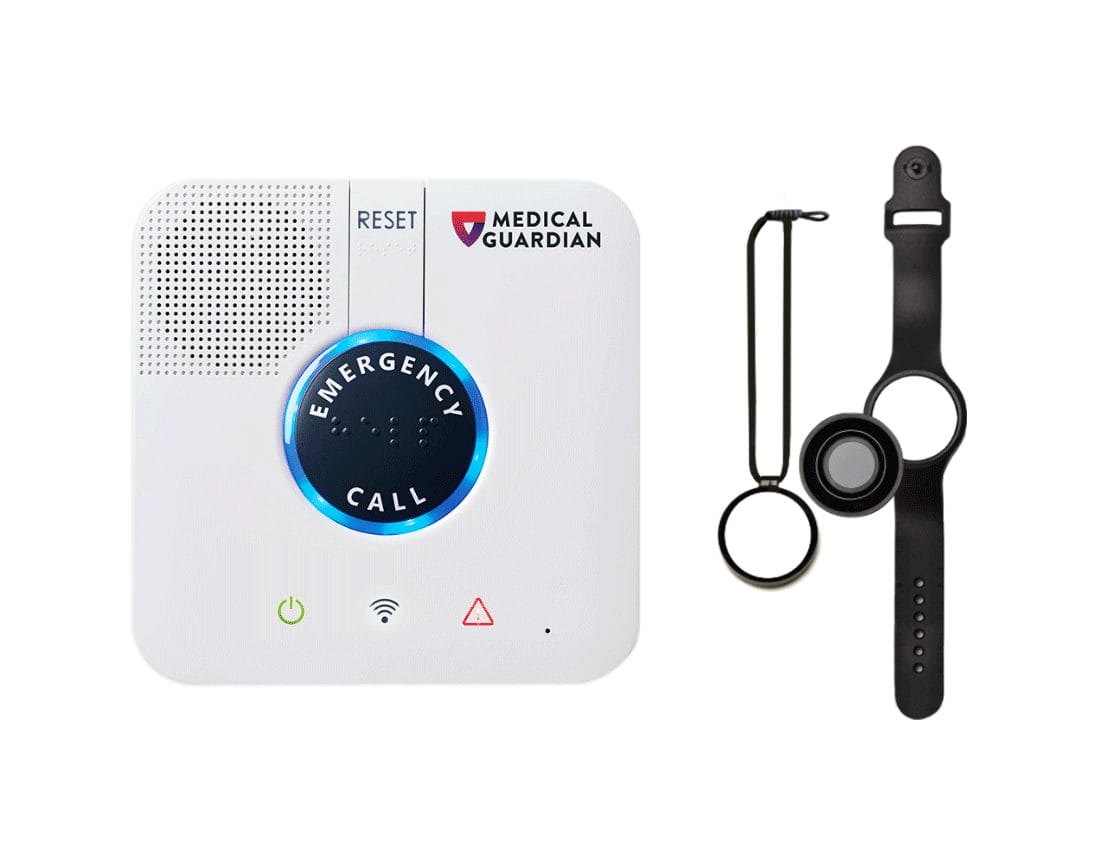
As a caregiver, you may be grateful for the help of your siblings or other family members. Helping your parent as they age will likely become more complex over time, and keeping everyone organized and on track with caregiving duties can be challenging. Texting and emailing one another is sufficient up to a point, but a time management system is more efficient and effective. A system that keeps everyone involved and organized can ensure that you, as the primary caregiver, have the help you need for the long term. We have some tips and apps to help you keep everyone organized as you manage caregiver duties for your loved one.
Identify care tasks
When there is one primary caregiver, other family members often don’t know about the scope of care. Identifying tasks ensures that family members understand what care your loved one needs. Also, you can more easily match tasks with family members by identifying what needs to be taken care of. However, remember that caregiving needs fluctuate, so you may have to reassess in the future. As you evaluate tasks, consider these areas of care:
- •Medication management.
- •Activities of daily living, such as bathing and dressing.
- •Shopping.
- •Cooking.
- •Cleaning.
- •Transportation.
- •Home maintenance.
- •Health care coordination.
Assess the availability of family caregivers
Family caregivers have other responsibilities, such as jobs, children, and their own health concerns. Not every person will have the same level of commitment or amount of time to devote to helping with caregiving tasks. Talk with your family members to understand their availability and interest in doing specific tasks. Remember people who don’t live nearby; even a long-distance family member can help from afar in different ways, such as making phone calls, finding local resources, and setting up services.
If you find a certain type of task that no one can help with properly, or there is a gap in the family members’ availability, consider hiring the help of a home care or home health care provider. You’ll likely find the type of caregiver you need. And it’s likely that the cost will be more manageable if the family only needs to hire help for a few hours per week. There are many options for paying for home care services, so it can be worth looking into hiring the help you need after assessing everyone’s availability and skillset.
Delegate tasks to family caregivers
Delegating tasks to family caregivers can sometimes feel like herding cats. Designating who will do what and when can get complicated, and you may be tempted to give up and assume those duties yourself. However, adding more to your load will only increase your caregiver stress. Managing family caregivers is work, takes time, and is constantly fluctuating, but you will be grateful for the help in the long run. Here are some ideas on how to keep family caregivers committed:
- •Accommodate people’s schedules. Take what you can get, especially in the beginning. Even small offers of help can lead to some relief and greater responsibilities later.
- •Play to people’s strengths. Capitalizing on what someone is good at ensures that tasks are done well. It is also reinforcing to the person helping: If you ask someone to do a task they aren’t comfortable with, they are less likely to continue.
- •Be flexible. Circumstances change. If someone cannot continue their caregiver duties due to personal factors, accept it.
- •Express your gratitude. Thank your family for their help. Just because they are your family and you may feel it is everyone’s responsibility to pitch in doesn’t mean you shouldn’t show your appreciation.
Apps to help manage caregiver duties
There are several caregiving apps that help organize tasks and helpers. A careful review of the features and costs for each will help you choose the best one. Here are a few options:
Caring Village is a comprehensive app that offers document storage, medication lists, scheduling, care plan development, narrative features, communication with other family members, and Veteran resources. The Caring Village app is free for Apple and Android.
Lotsa Helping Hands is another app to help manage care by bringing together a community of people (friends, family, neighbors) to help with caregiving. You can schedule meals, rides, and visits, communicate appointment information, and ask for help by posting requests. There is a feature for making announcements, providing updates, and sharing photos as well.
Carely is a social network app that allows families to communicate and coordinate caregiver responsibilities. You can track activities, schedule appointments via a shared calendar, and send direct messages or post general requests. Carely also allows you to find community resources. Carely is a free download on Apple or Android.
Old-school options to manage caregiver duties
For families that don’t want to purchase or use caregiver apps on their phones, there are ways to communicate and schedule tasks without them.
- •WhatsApp: WhatsApp is a simple, free messaging program. The advantage of WhatsApp is that the communication is only among the people you invite, so you can keep the caregiving conversation separate from your regular emails or text messages.
- •Cloud-based storage: It is essential to have a centralized place to store documents such as advance directives and living wills. Google Drive, Dropbox, and Microsoft OneDrive are all good options.
- •Google Calendar: Google Calendar is a simple but effective way for all caregivers to see the caregiving schedule and make notes.
When choosing an app or other organizational tool, you may need to sacrifice features for usability. Keep in mind that some family members may not be comfortable using complicated programs, and choose a tool that everyone can use.
Effective management of caregiver duties
Caregiving can be a long journey, and doing it alone can cause caregiver stress and burnout. Learn to ask for help and then maximize that help by staying organized and grateful. The support you receive will benefit you and your loved one, strengthen your connections to your family, and help you feel less isolated so you can give your loved one the care they deserve.








